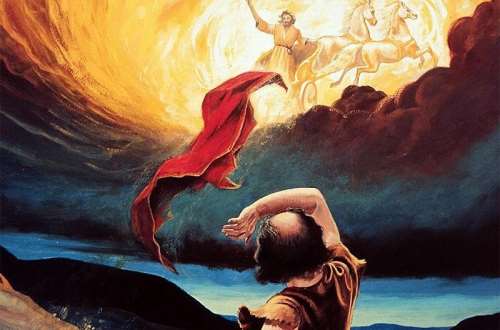To accompany your Come Follow Me study for July 4-10
In addition to reading these prescribed chapters, you may wish to:
- Read the corresponding material from the Institute student manual found in the online Gospel Library
- Read chapters 1 and 8-16 of 2 Kings, to get the rest of the story.
- See the video Come Follow Me 2022 LDS (July 4-10) 2 Kings 2-7 | Miracles of Faith at https://www.youtube.com/watch?v=F_rMHFmP2pA
- See the video Elisha and the Syrian Army at https://www.youtube.com/watch?v=aZpjin_AVqg&t=0s
If you would enjoy seeing a Kahoot game related to this material which you could use for your own amusement or with your family or class, click here: https://create.kahoot.it/share/2-kings-2-7/1261df45-ad08-4c28-9883-c4ea2d1036cd (To use it with a group, after clicking on this link, you will need to log into Kahoot, creating a free account if you have not done so previously, then click on the blue “Start” button.)
Points to Ponder in 2 Kings 2-7
1. Why is Elijah taken to heaven without tasting death? What do we know of his activities since then?
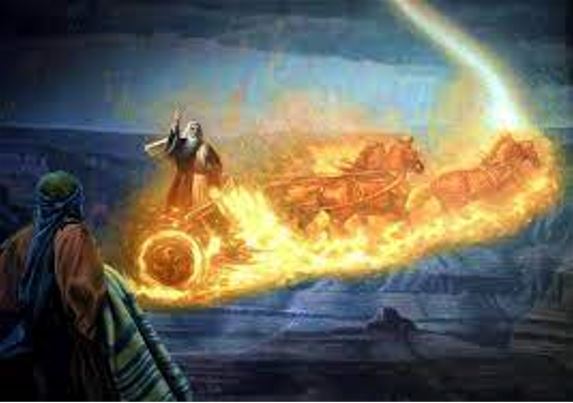
2. Which of Elijah’s miracles were later essentially duplicated by Elisha in this week’s reading? Can you think of more than one reason why this may have happened?
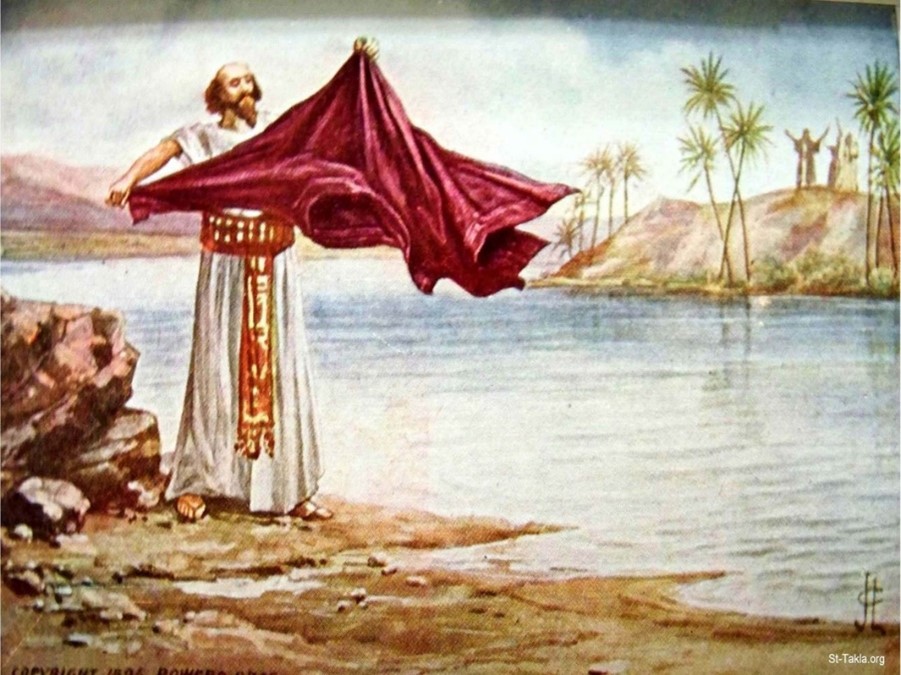
3. What additional miracles are associated with Elisha’s life? Why did the Lord perform them? What should we learn and remember from them?
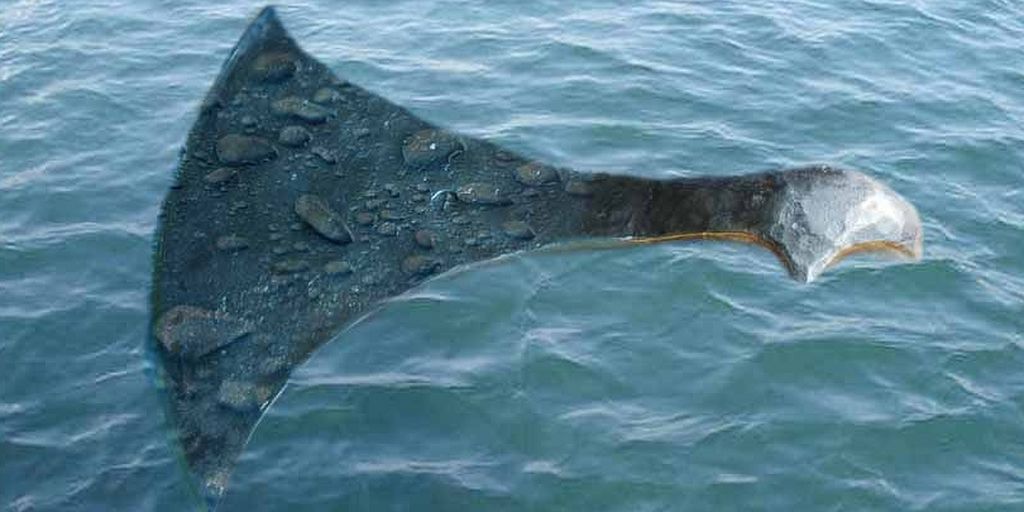
4. Why don’t we notice as many miracles among us today as seem to have occurred in the days of Elisha?
5. What application can we make of Elisha’s testimony that “they that be with us are more than they that be with them”? (6:16)
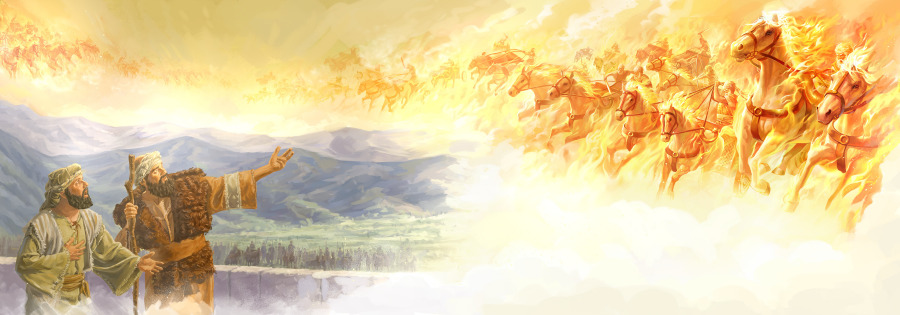
6. How do you feel about the story of 42 little children being destroyed by a bear for making fun of Elisha’s bald head? (2:23-24)

7. Why did Elisha ask for a minstrel before giving Jehoram and Jehoshaphat an answer to their inquiry about going to war against Moab?
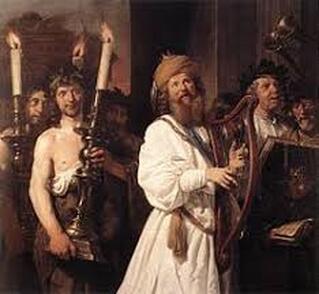
8. What was accomplished by Elisha’s having Naaman wash 7 times in the Jordan? What are some of the “little things” prophets have asked us to do that we sometimes are as reluctant to do as Naaman was to bathe 7 times in the Jordan River?
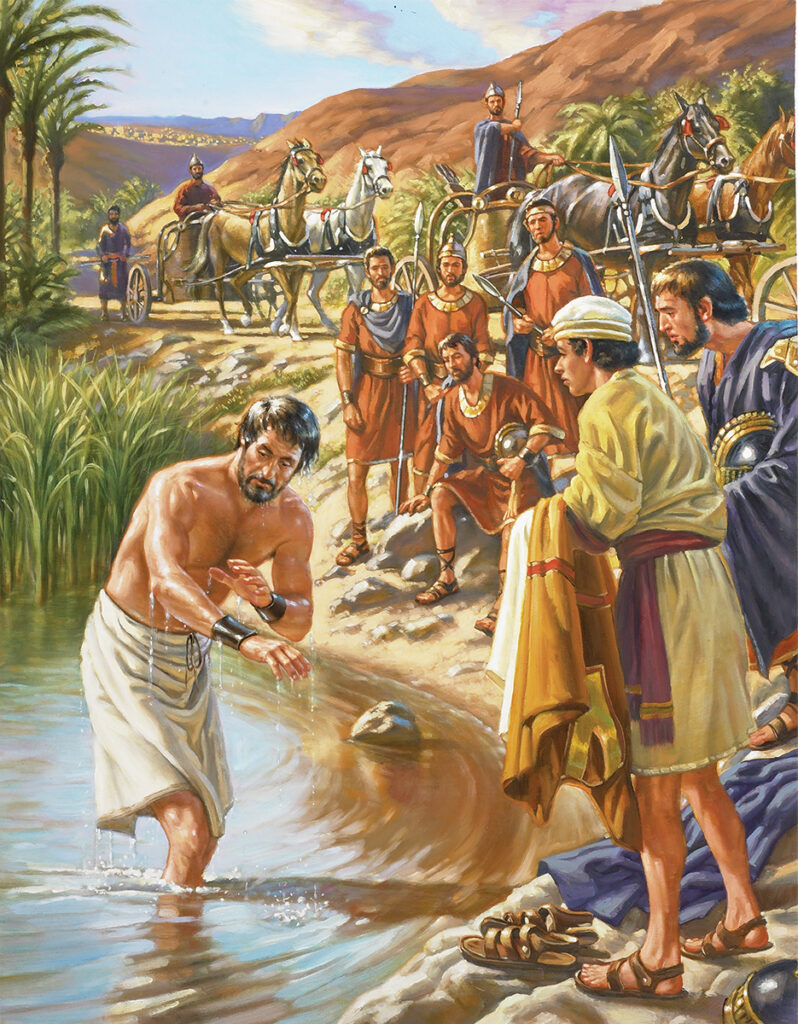
9. What name does the Book of Mormon give to what Gehazi did? What applications can we make of this principle? (2 Kings 5:20-27)

10. What other lessons or principles did you find in 2 Kings 2-7 that you considered worth highlighting or remembering?
Possible Answers to Points to Ponder in 2 Kings 2-7
1. Why is Elijah taken to heaven without tasting death? What do we know of his activities since then?
At least one reason Elijah was taken to heaven without tasting death was so that he, along with Moses, could lay hands on the heads of Peter, James, and John on the Mount of Transfiguration and communicate sacred priesthood keys to them. Presumably, a spirit being cannot lay hands on a head with the same effect.
We learn that Elijah was in the resurrection with Jesus (D&C 133:55). And, most significantly, we learn in D&C 110 that Elijah came to Joseph Smith and Oliver Cowdery in the Kirtland Temple, in fulfillment of Malachi’s promise (Malachi 4:5-6) and conveyed the keys of the sealing power
2. Which of Elijah’s miracles were later essentially duplicated by Elisha in this week’s reading? Can you think of more than one reason why this may have happened?
- Parts waters (2:8) (One of 4 cases of this in the Old Testament.)
- Multiplies oil for a widow and her children (4:1-7)
- Brings a woman’s son back to life (4:18-35)
Reasons why the Lord allowed Elisha to duplicate these miracles of Elijah could include:
- It was a witness to the people that Elisha was Elijah’s legitimate replacement and had indeed been blessed with a “double portion” of the Spirit which energized Elijah.
- The multiplication of the oil and the restoration to life of a deceased son were some of the most helpful miracles that either prophet could have performed. Miracles are primarily to help the needy, not to stage a “magic show.”
3. What additional miracles are associated with Elisha’s life? Why did the Lord perform them? What should we learn and remember from them?
Additional miracles in Elisha’s life include
- Heals water (2:19-22)
- Water without rain (3:16-17)
- Causes the water to appear as blood (3:22)
- Woman enabled to conceive (4:16)
- Poison in pottage counteracted (4:40-41)
- 20 small loaves feed 100 (4:42-44)
- Naaman healed of leprosy (5)
- Reads Gehazi’s mind, and Gehazi becomes leprous (5:26-27)
- Ax floats (6:5-7)
- Through revelation warns the king of Israel of Syrian strategy (6:8, 12)
- Vision of mountains full of horses and chariots! (6:16-17)
- Syrians smitten with blindness (6:18-20) and their vision restored in the midst of Israel.
- Through revelation knows of the approach of the king’s messenger. (6:32)
- Prophecy of cheap prices but unbelieving officer not to eat of it. (7:1-16)
- Noise of fictitious chariots and army heard by Syrians (7:6)
Lessons we may want to remember from these miracles include:
- We can see similar miracles in our own lives if we will live worthy of them and look for them.
- The Lord loves us enough to help us with little as well as big challenges.
- Nothing is too hard for the Lord.
4. Why don’t we notice as many miracles among us today as seem to have occurred in the days of Elisha?
The key word here may be “notice.” Someday we may be astonished to learn how often the Lord intervened in our lives to bless, protect, and guide us. But another key is that we must qualify for such miracles. Signs, we are told, follow those who believe, and who demonstrate that belief, or faith, by their obedience.
5. What application can we make of Elisha’s testimony that “they that be with us are more than they that be with them”? (6:16)
Only one-third of the hosts of heaven were cast out in the pre-mortal conflict. Two-thirds, including both pre-mortal and post-mortal spirits were on our side! Both God and His angels stand ready to help us against any foe, temporal or spiritual.
6. How do you feel about the story of 42 little children being destroyed by a bear for making fun of Elisha’s bald head? (2:23-24)
It may help to recognize that:
- As the footnote clarifies, these were not really “little children” but youths, who should have known better.
- These young men were not just making fun of Elisha’s baldness. Rather, they were mocking and taunting Elisha to “go up” like Elijah had done when taken to heaven in a chariot of fire.
- It nowhere says that the Lord caused the bears to attack the young men nor that Elisha, though he “cursed them in the name of the Lord,” was specifically responsible for what the bears did.
- The record doesn’t say the kids were killed. Maybe they were just injured enough to teach them a lesson.
7. Why did Elisha ask for a minstrel before giving Jehoram and Jehoshaphat an answer to their inquiry about going to war against Moab?
The right kind of soothing music can invite the Spirit. In this case it indeed worked: “When the minstrel played, … the hand of the Lord came upon him.” (3:15)
8. What was accomplished by Elisha’s having Naaman wash 7 times in the Jordan? What are some of the “little things” prophets have asked us to do that we sometimes are as reluctant to do as Naaman was to bathe 7 times in the Jordan River?
Obviously, this was to try the faith of the proud Naaman and qualify him for the blessing he sought. Some comparable “little things” some are reluctant to do include:
- Get vaccinated and wear masks
- Use the Come Follow Me program in our homes
- (Women) Wear only one pair of earrings
- Not date until age 16
- Where possible, have mothers stay home with their children.
- Have family prayer
- Attend the temple as often as our circumstances allow
- Fast on Fast Day and pay a generous fast offering
- Etc.
9. What name does the Book of Mormon give to what Gehazi did? What applications can we make of this principle? (2 Kings 5:20-27)
2 Nephi 26:29 tells us that “priestcrafts are that men preach and set themselves up for a light unto the world, that they may get gain and praise of the world; but they seek not the welfare of Zion.” Gehazi’s seeking a tangible and large reward from Naaman for Elisha’s exercise of priesthood power is a classic case. We likewise need to be careful to seek only “the welfare of Zion” as we serve in the Church and not serve in hopes of praise, professional or political advantage, or any other earthly reward. Crossing the line here could bring us a worse fate than Gehazi’s leprosy!
10. What other lessons or principles did you find in 2 Kings 2-7 that you considered worth highlighting or remembering?
Your choice. Possibilities could include:
- We need not to be offended easily, as Naaman was when Elisha sent a messenger to greet him instead of going personally. (5:11.) Naaman almost missed out on a great blessing as a result.
- Elisha’s kindness to the Syrian army (6:22-23), reminiscent of Moroni’s allowing a defeated Lamanite army to “depart into the wilderness” (Alma 44:15.) It also reminds us of the magnanimity of General Ulysses S. Grant in allowing the defeated southerners under General Robert E. Lee to keep their horses, sidearms, and personal effects, including their mules, which would be important in the upcoming plowing season. He even gave Lee’s men rations for their journey home.
